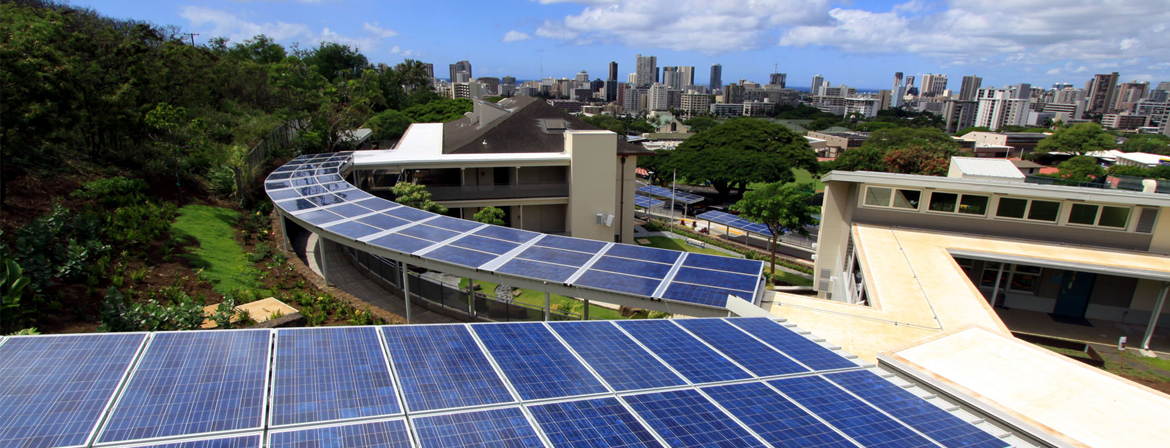Utilizing a Social-Ecological Framework to Promote Water and Energy Conservation: A Field Experiment
Kurz, T., Donaghue, N., & Walker, I. (2005). Utilizing a social-ecological framework to promote water and energy conservation: A field experiment. Journal of Applied Social Psychology, 35(6), 1281-1300.
Motivating Residents to Conserve Energy Without Financial Incentives
McMakin, A., Malone, E., & Lundgren, R. (2002). Motivating residents to conserve energy without financial incentives. Environment and Behavior, 34(6), 848-863.
A Behavioral Analysis of Peaking in Residential Electrical-Energy Consumers
Kohlenberg, R., Phillips, T., & Proctor, W. (1976). A behavioral analysis of peaking in residential electrical-energy consumers. Journal of Applied Behavior Analysis, 9(1), 13-18.
Household Actions Can Provide a Behavioral Wedge to Rapidly Reduce US Carbon Emissions
Dietz, T., Gardner, G.T., Gilligan, J., Stern, P.C., Vandenbergh, M.P. (2009). Household actions can provide a behavioral wedge to rapidly reduce US carbon emissions. Proceedings of the National Academy of Sciences of the United States of America, 106(44), 18452-18456.
The impact of vivid messages on reducing energy consumption related to hot water use.
Bailey, J. O., Bailenson, J. N., Flora, J., Armel, K. C., Voelker, D., & Reeves, B. (2015). The impact of vivid messages on reducing energy consumption related to hot water use. Environment and Behavior, 47(5), 570-592.



